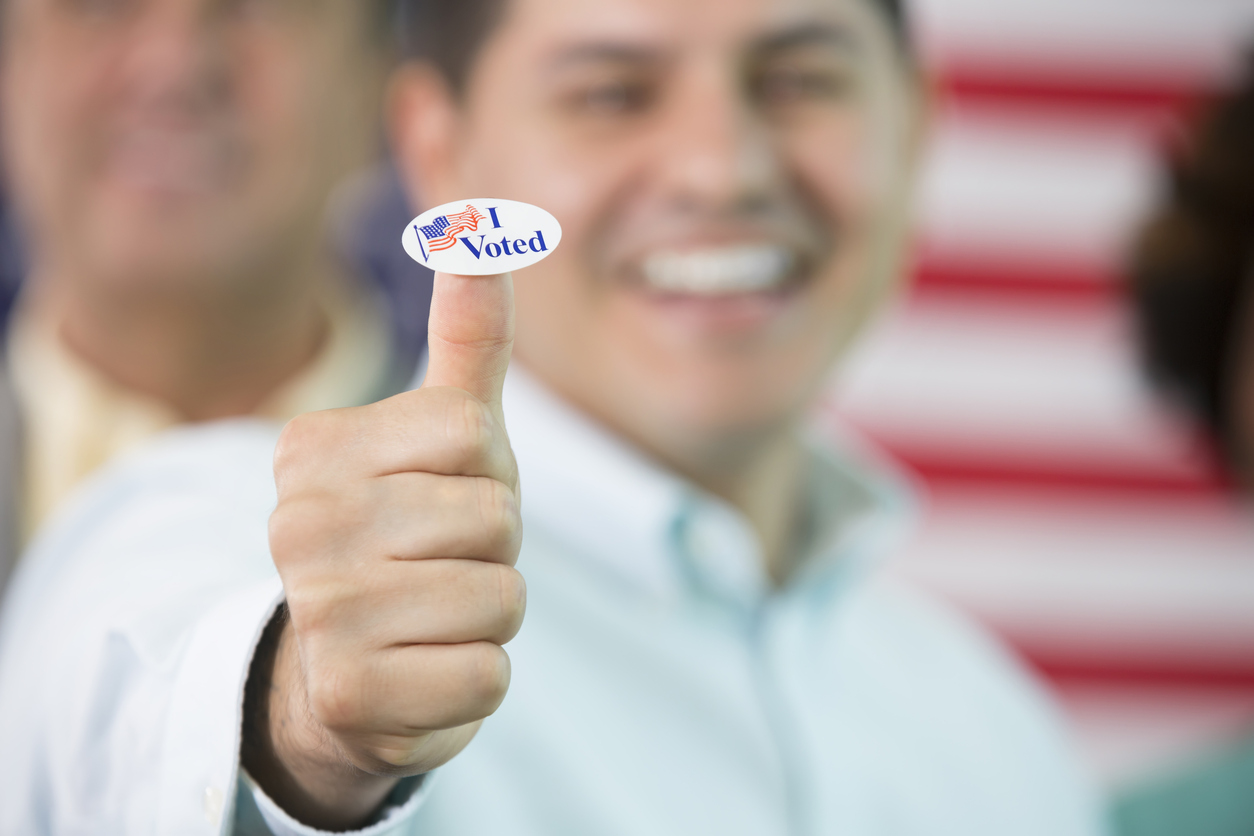James G. Wiles: The Far Left’s “Trump Derangement Syndrome”
LIBERAL ELITES SEEK TO UNDO WHAT VOTERS HAVE DONE … || By JAMES G. WILES || It didn’t tYou must Subscribe or log in to read the rest of this content.
LIBERAL ELITES SEEK TO UNDO WHAT VOTERS HAVE DONE …
|| By JAMES G. WILES || It didn’t t
